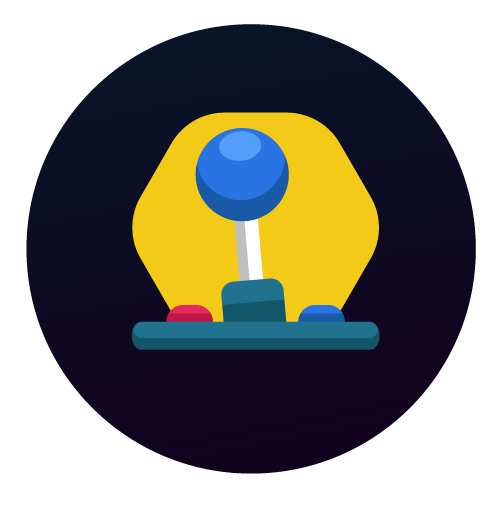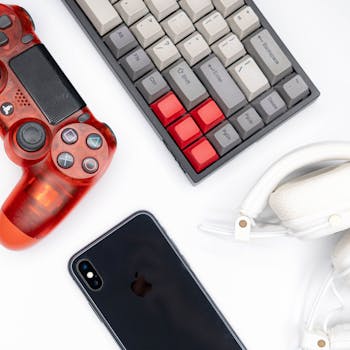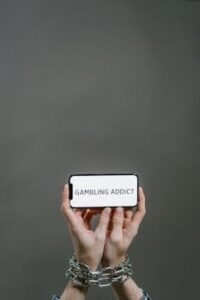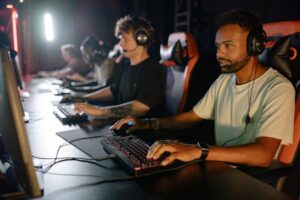
Tips & Guides
How to Analyze and Improve Your Gameplay Using Replays
Want to improve your gameplay? Dive into step-by-step replay analysis for mobile and online gaming. Discover routines, avoid pitfalls, and...
Featured Posts
Check out the latest news from the category
Browse by Category
Select a category to see more related content
Carregando posts...













